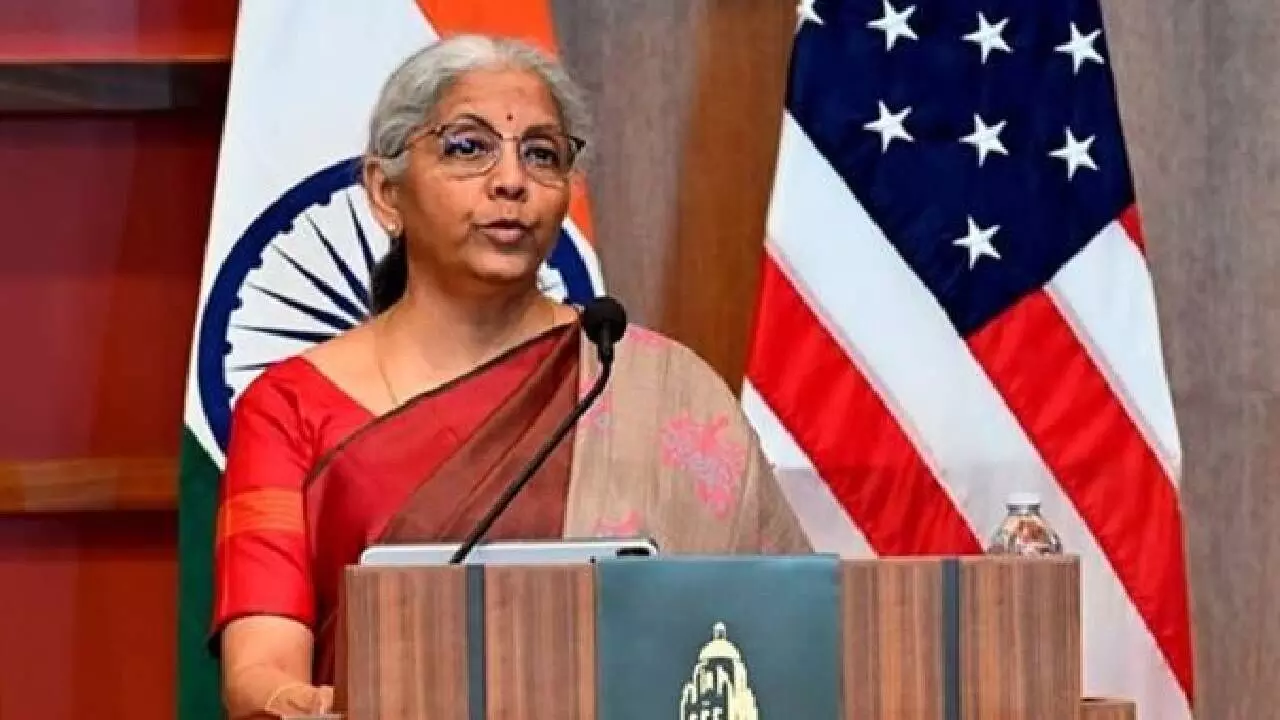Bank unions criticise FM remark on privatisation
Demand strengthening of PSU banks
image for illustrative purpose

New Delhi: Bank unions have criticised Finance Minister Nirmala Sitharaman's remark on privatisation of state-owned lenders and demanded that they should rather be strengthened with capital support to further financial inclusion drive.
Highlighting the contribution of public sector banks (PSBs), United Forum of Bank Unions (UFBU), representing nine trade unions of officers and workmen across all banks, said, 90 per cent of accounts under Pradhan Mantri Jan Dhan Yojana were opened by PSBs. Priority lending and social banking are almost entirely driven by PSBs, and rural penetration and financial literacy are mostly powered by government- owned banks, it said in a statement. "If Indian banking today stands strong, it is because of resilience built under public ownership...no country in the world has achieved universal banking through privatising banks.
To say privatization will still ensure inclusion is not supported by any evidence," it said. Earlier this week, Finance Minister had said, privatisation of state-owned banks would not hurt financial inclusion and national interest.
However, the UFBU said privatization of PSBs would undermine national and social interest, endanger financial inclusion and threaten job security and public funds. Besides, it said, privatization benefits corporates, not citizens and banking is a social and constitutional responsibility, not a business for profiteering. The UFBU demanded a categorical assurance from the Centre that no public sector bank will be privatized and strengthening of PSBs through capital support, technological modernization and transparent governance, without privatization. Besides, it requested for public consultation and parliamentary debate before any decision impacting the rights of depositors, employees and common citizens. Supporting its demand, the UFBU said, before nationalization, banking served only industrial houses and elite business groups but public ownership opened the doors of credit to farmers, workers, small businesses, women, weaker sections, and rural citizens.

